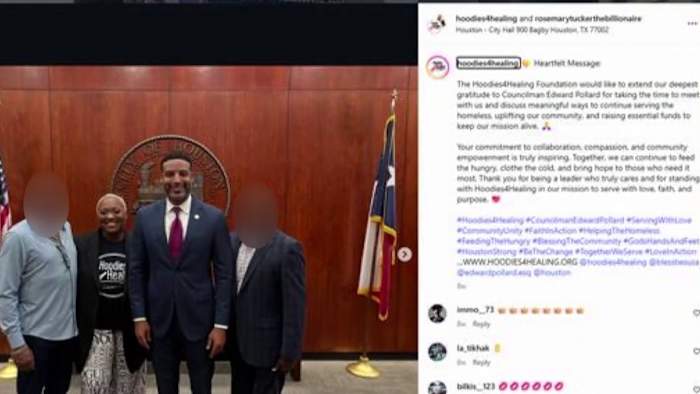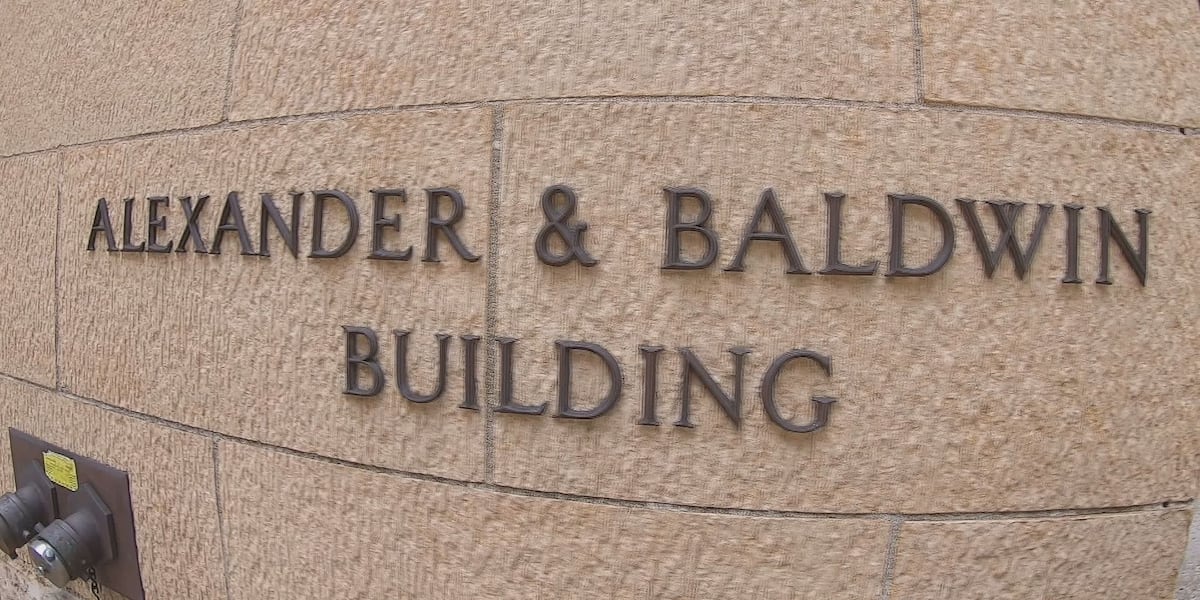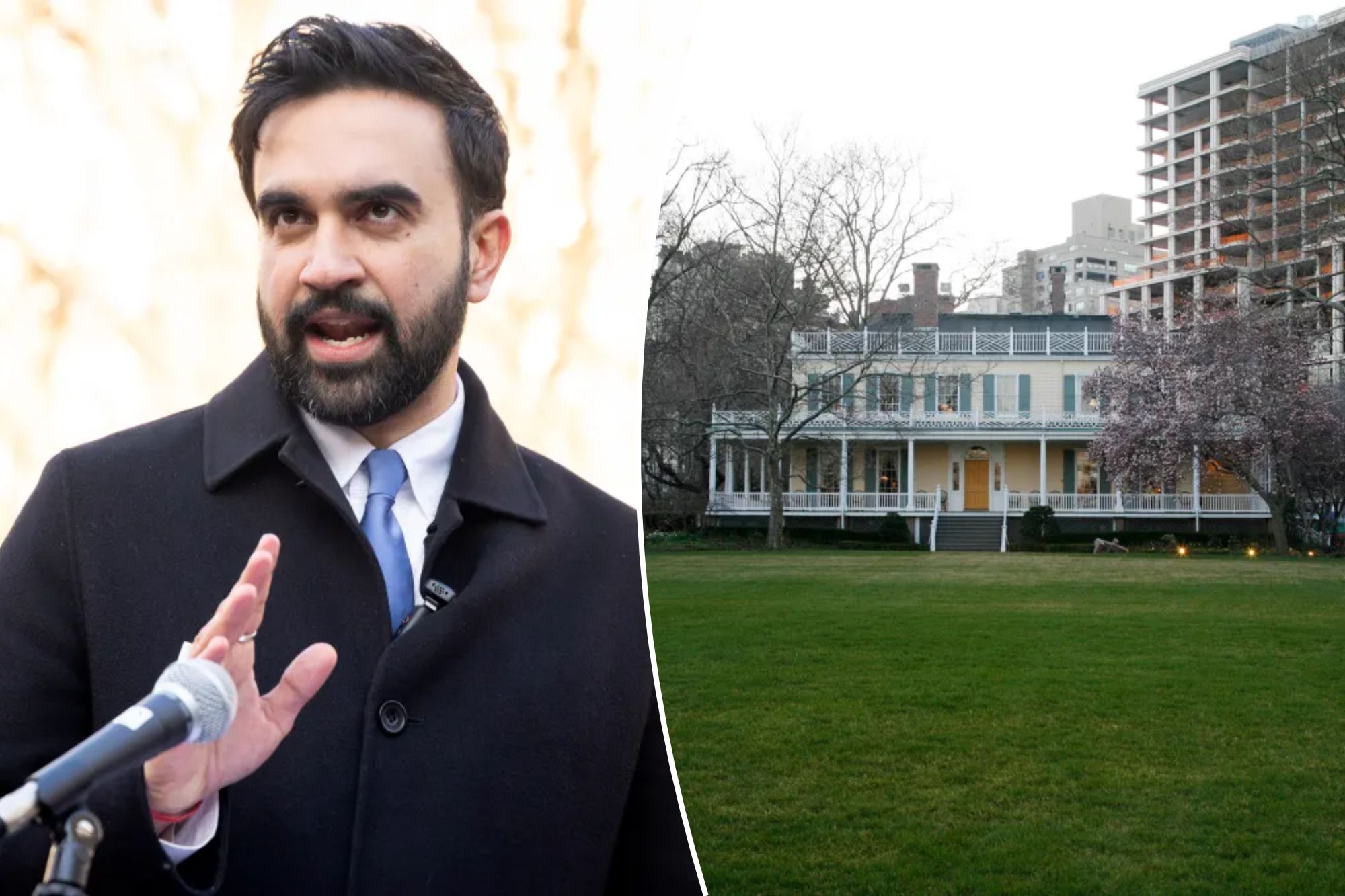H
ere is the rewritten text:
As a savvy real estate investor, you're likely no stranger to navigating the complex world of taxes. But did you know that there are two powerful strategies that can help you minimize your tax liability and maximize your returns? We spoke with Kristel Espinosa, a CPA and partner at JLK Rosenberger, who shares her expertise on how cost segregation studies and 179D analyses can be game-changers for real estate investors.
First up: cost segregation. This technique allows you to accelerate depreciation on your rental property, reducing your taxable income in the process. By breaking down the value of your building into its individual components – from fixtures to finishes – a cost segregation study can help you claim a larger deduction in the early years of ownership. "You can take a huge chunk of that depreciation deduction upfront," says Espinosa, "and put yourself into a loss position, sheltering your rental income for years to come." While the initial investment may seem steep (think $5,000 to $15,000), the potential tax savings are substantial – upwards of $1 million in some cases.
But what about commercial properties? That's where 179D studies come in. This deduction is specifically designed for energy-efficient components in commercial buildings, and can be a major boon for owners who have invested in green technologies. "Our clients like to go above and beyond the minimum requirements," says Espinosa, "and put in extra energy-efficient features that qualify for this deduction." A 179D study can help you identify these opportunities and claim the corresponding tax savings – up to $400,000 in some cases.
And if you're a real estate professional, the benefits become even more significant. By qualifying as a "real estate professional," you can offset rental income against other income streams, reducing your overall tax liability. This status is automatically granted to licensed real estate agents, but others may qualify by meeting specific requirements – including spending over 750 hours on real estate activities.
To take advantage of these strategies, Espinosa recommends documenting everything: from working hours to mileage driven to visit properties. "If you're holding real estate and renting it out," she says, "you should always track your expenses and have a paper trail in case of an audit." By doing so, you'll be well-equipped to navigate the complex world of taxes and maximize your returns as a savvy real estate investor.















